Last year Kings of Leon traveled to Cleveland but not for touring reasons. They came out with one of a kind non-fungible token called “NFT Yourself” that ended up making over $2.2 million 💰. The tokens were mostly $50 a pop that included the band’s album, artwork, musical outtakes, and more. The band sold 6,500 copies, and while it wasn’t the most profitable thing Kings of Leon had done, it was definitely successful in other aspects.
Back in 2008, the band made $10 million selling their Only by the Night album, so NFTs are obviously not the most lucrative beginning for the band. However, the band did something new and unexpected, pulling the rest of the music world with them. One could call it a publicity stunt or yet another strike at the record empire.
“Record deals have lost their value, in a way,” says Nathan Followill, Kings of Leon’s drummer. “Nowadays a kid can make a record on GarageBand and put it out on TikTok or put it out as an NFT or put it out in any form. It’s almost like they don’t need to rely on the record industry as much as they used to, which in turn, I think, is making the record industry kind of panic.”
Who followed the lead into the NFT craze? Several artists, actually. DJ Justin Blau (3lau) began issuing NFTs last fall and has so far made $20 million. The artist had worked with Mike Parisella known as SlimeSunday to create 33 tokens of his album Ultraviolet. The renowned artist has previously worked with such icons as Rihanna, Katy Perry, and Ariana Grande.
so excited for independent photographers and artists to get their "wave", its happening and its changing so many creative people's lives, instead of working in companies that suppress their talent, some can now afford to be who they are .a lot going on in these early days of #NFT
— Gary Vaynerchuk (@garyvee) August 28, 2021
There are lots of benefits for artists who sell NFTs, the most obvious being the directly earned cash that does not need to be split into unfair sums with a record label (most take the 80% cut). Another benefit is that the artist gets to know their superfans which makes it ten times easier to market one’s future releases, concert tickets, merchandise, and more. “Done right, NFTs offer the ease and ubiquity of internet distribution (think Napster), but with digital rights protection built-in (think iTunes),” Michael del Castillio says in his article on cryptocurrency in Forbes. He also reports that there is now huge interest and activity with the community and large investments are pouring in: “In May, Miami-based OneOf raised the largest NFT music rounds to date, $63 million, to build an energy-efficient marketplace to sell rare music by the likes of Whitney Houston, Quincy Jones, and John Legend.”
KoL’s Followill says that he believes in the next ten years 70% of albums will be released in NFT. And he may be right, considering its benefits for the artists and the joy fans can have. However, let’s not forget the ginormous carbon footprint each new blockchain-based token requires to be created and traded.🙊 Perhaps, we should also consider the environmental side of the NFT craze before we buy into it.
P.S. 🌶️ MPT is cooking up the new service of Music NFT Campaigns, follow our IG to learn more about the launch.
Subscribe To Our Music Marketing Newsletter!
News about music marketing strategies to the music business and beyond.
Delivered to your inbox once a week.





